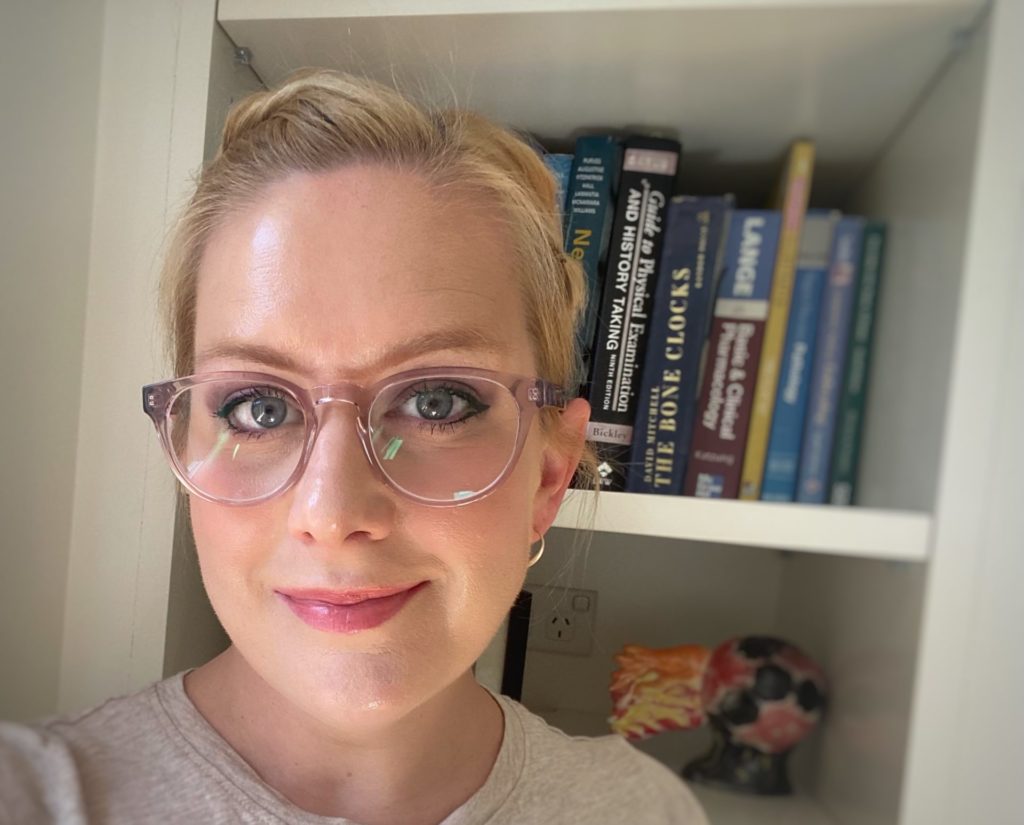Perusal of prosecutions from Australia’s health care regulatory bodies makes for disturbing reading. There are cases of intimate examinations being performed without adequate consent being obtained. There are cases of inappropriate touching, clothing removal, sexually suggestive commentary, and of specialist practitioners performing examinations far outside their usual practice.
Some of these cases are blatantly predatory where others reflect clumsy practice with failure of empathy. All of them represent a failure to obtain and respect consent. And consent is not just an agreement for an examination to occur – it is the understanding that the patient knows why it should be done, what will happen, what the alternatives are, the option of a chaperone, and the explicit option to refuse.
Where consent is not obtained, patients may go on to feel betrayed by a profession supposed to protect them when they are at their most vulnerable. Health care should never be accompanied by fear (of the practitioner) or coercion, and a negative experience may affect willingness to seek medical care when it is needed.
In reported cases of ‘unsatisfactory conduct’ in doctors, there are examples of opportunistic sexual assault; aided and abetted by the power imbalance of the doctor-patient relationship. It is the responsibility of the medical profession to weed out this behaviour, to report it, to prosecute it and to make it clear that it will never be tolerated. But also to prioritise and effect a cultural shift that empowers patients, addresses misogyny and incorporates trauma informed care.
Preventing abuse and traumatic healthcare experiences can be amplified by educating and empowering people in the patient role.
Medicine has recognised the importance of ‘informed consent’, especially for procedures. Risks, benefits, alternatives, and an explanation of what will happen should always be agreed upon by clinician and patient. What is less well adhered to, is informed consent for examination, and parts of the medical history which may be personal or difficult.
As a patient, you should expect to be treated with dignity and respect at all times, and it should always be recognised that you are in charge. You can say ‘no’ or ‘stop’ during any part of the consultation. You can refuse examination, refuse to uncover body parts. You can ask for a different doctor – perhaps your own GP, or a female doctor to conduct the examination. You can ask for a chaperone to be present during the examination.
In the setting of an outpatient clinic, very few things are urgent or essential. You will almost certainly not have a poorer outcome if you wait a week to see a different doctor, or if you choose a scan in preference to an examination. And if your doctor really believes something needs to happen immediately, then it is their job to help arrange it for you. There are always ways to solve problems that do not involve making patients feel frightened or vulnerable.
If at any time during a consultation you feel coerced or uncomfortable as a patient, you can and should leave. Not everyone will feel empowered to report their experience, but if you wish to inform regulatory bodies about concerning conduct, the HCCC or AHPRA will support you through the process.
The medical profession has a long and shameful history of ignoring the discomfort of patients, particularly women.
It is not then surprising that some healthcare workers take advantage of this and display criminal and opportunistic behaviour. It is an absolute failing of medicine that this ever happens, especially as some of these perpetrators are known to display similar behaviour towards their junior colleagues, and yet are not dealt with appropriately, and go on to inflict further damage. This overlaps with misogynistic behaviour towards doctors in training; another issue medicine has only just started to address.
We need to highlight medical consent. We need to emphasise that the patient controls the consultation and their body. We need to empower patients to leave if they are not comfortable. We need to teach clinicians to help people feel comfortable and safe, and to always maintain their dignity. We need to display the Australian Charter of Healthcare Rights in our consulting rooms.
And if we suspect predatory behaviour in our colleagues, we need to report it. Consent is for anything someone else does to your body. Your doctor needs to ask first.

